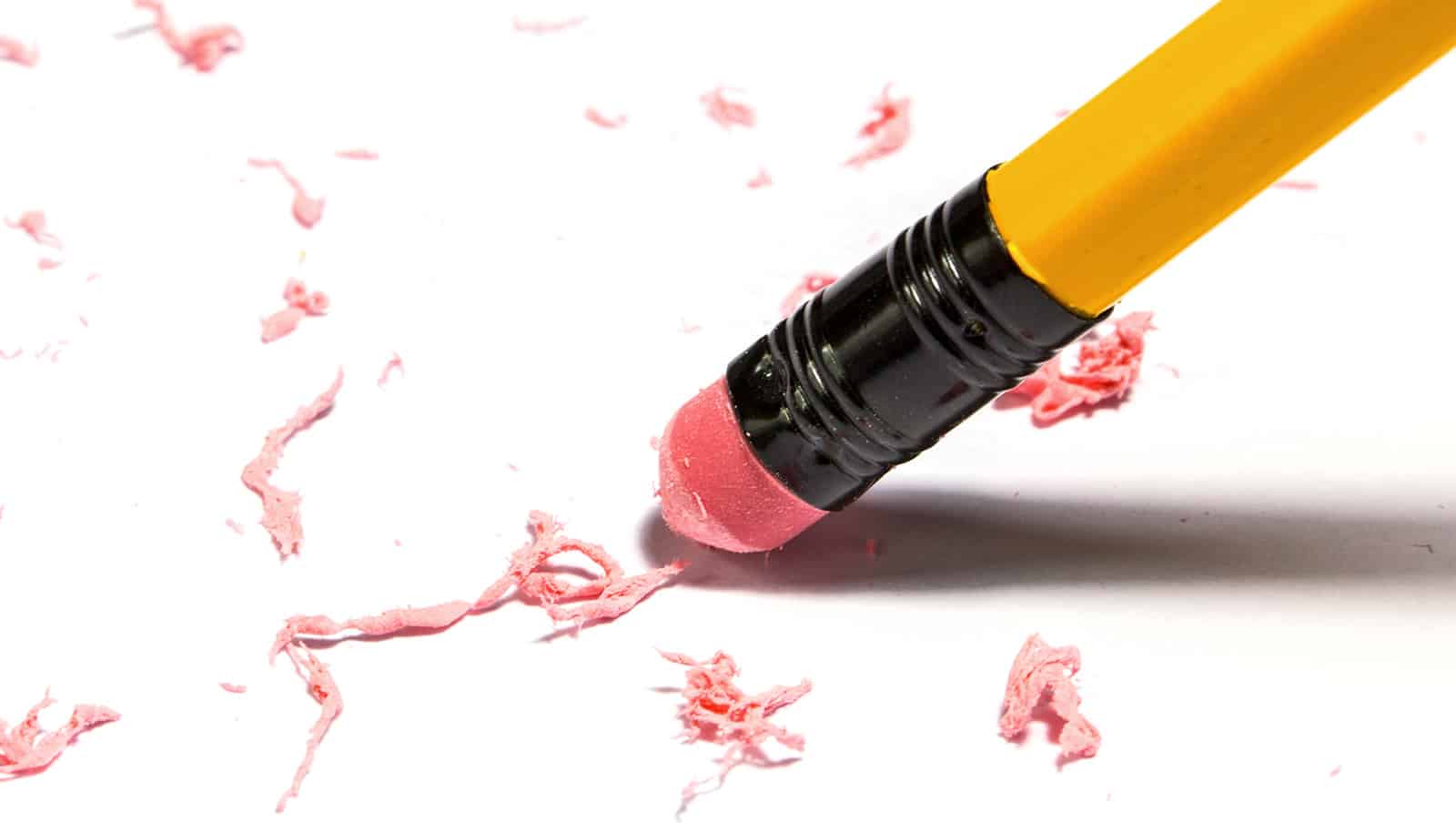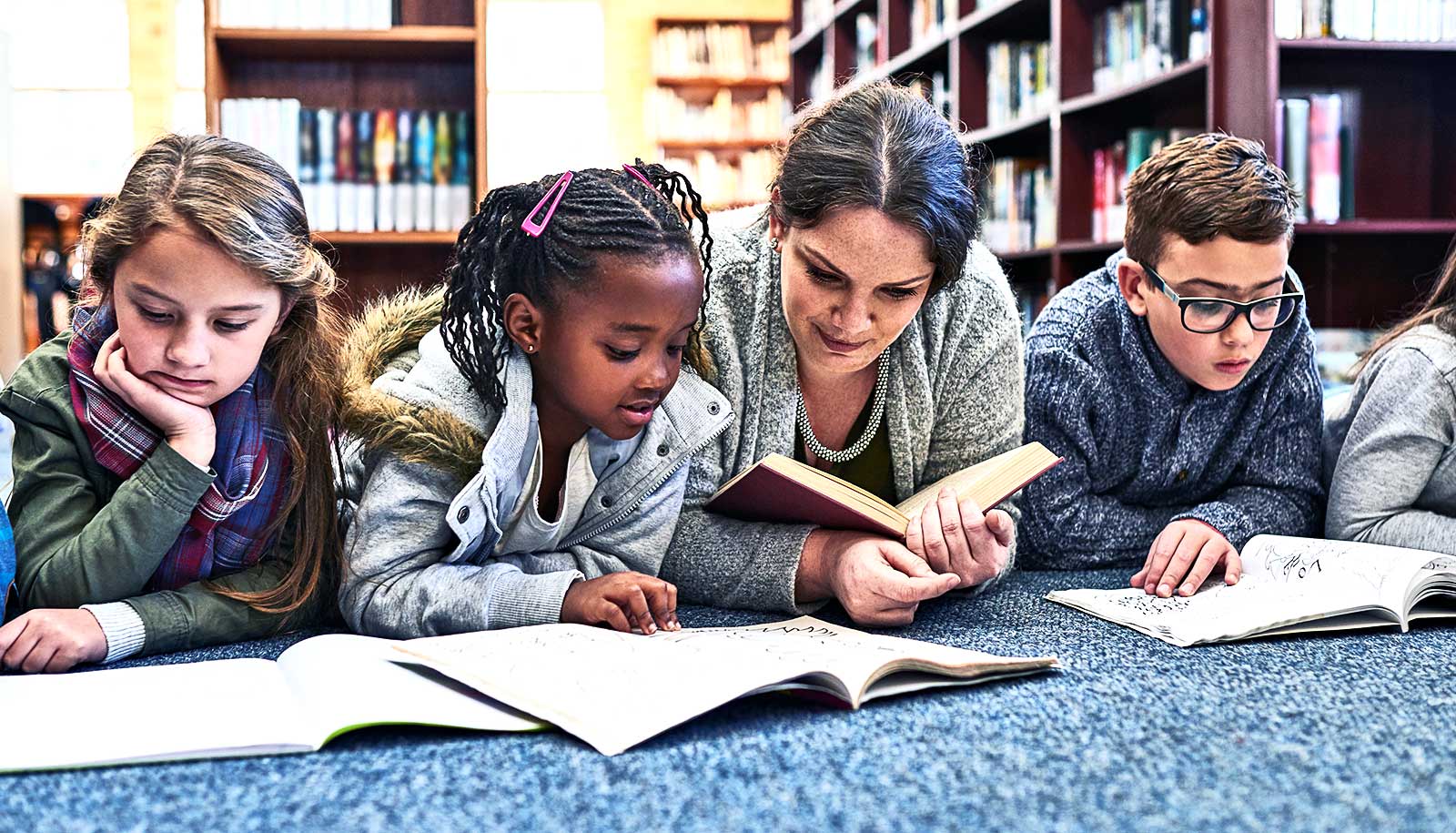New research results show promise for reducing the pandemic-era learning loss in students.
The preliminary results from the Personalized Learning Initiative (PLI) show that in-school high-dosage tutoring can lead to large and positive effects on student learning in math—even when delivered in the aftermath of the pandemic and in diverse academic settings.
High-dosage tutoring has been used in education for centuries, but lack of funding has poised a barrier to wide implementation. In this approach, one instructor works with one or two students at a time for several hours per week.
In this study, approximately 2,000 students in Chicago Public Schools in Illinois and Fulton County Schools in Georgia who participated in district-wide, in-school tutoring during the 2022-23 school year saw meaningful improvement in math learning. (The results for reading scores are not yet conclusive.)
Delivering tutoring during the school day—as opposed to ad-hoc, “on demand,” or after school—seems critical to realizing large gains in student learning, the Education Lab says.
These results are among the first indications that in-school high-dosage tutoring, done at scale, can effectively counteract pandemic-era learning setbacks.
Research has highlighted the promise of high-dosage tutoring and earned the endorsement of US Education Secretary Miguel Cardona. In addition, President Biden’s recently launched Improving Student Achievement Agenda centered the University of Chicago Education Lab’s research to announce expanded support for high-dosage tutoring.
Prior research from the University of Chicago Education Lab, in partnership with Saga Education, found that high-dosage tutoring can double or even triple student learning in a single academic year.
High-dosage tutoring also helps address what teachers report in surveys to be the two most difficult challenges of classroom teaching: variability in students’ academic levels (and hence their needs); and classroom management.
But challenges such as cost and hiring have made it difficult for school districts to implement and scale high-dosage tutoring—even with an influx of federal funding.
To overcome these barriers, the PLI works with partners to launch, scale, and evaluate high-dosage tutoring programs. To date, the PLI has allocated more than $5 million to fund the delivery of tutoring in partner sites. This includes funding outside providers that help address implementation challenges, such as scheduling tutoring sessions and optimizing the use of educational technology.
“We’ve seen firsthand the incredible impact of high-dosage tutoring on Chicago students,” says Pedro Martinez, CEO of Chicago Public Schools.
“As our students and policymakers continue to struggle with pandemic-era learning loss, the PLI represents a once-in-a-generation opportunity to boost learning and close longstanding gaps in student achievement,” says Jens Ludwig, faculty co-director of the University of Chicago Education Lab.
The data used in this study to determine the preliminary results only covers a portion of the expected final study sample, which will be available after this school year. The Education Lab and MDRC are actively learning from these data to better inform implementation and ultimately accelerate student learning.
As a testament to these promising results, the PLI is continuing partnerships with sites in Illinois, Georgia, and New Mexico and has launched new partnerships during the 2023-2024 school year with school districts in California, Florida, North Carolina, and South Carolina. The expansion of the PLI will allow for continued analysis of different types of tutoring programs, including varied student-to-tutor ratios, management practices, and student time with technology as schools work to expand high-dosage tutoring programs. The PLI will also create a “playbook” for districts nationwide, detailing how tutoring can be scaled up in different settings and at the lowest cost possible for each student while maintaining effectiveness.
“We are excited to see growing evidence supporting the effectiveness of high-dosage tutoring,” says Kevin Huffman, CEO of Accelerate, a partner in this study. “While this research is ongoing, it is important for school leaders and school system leaders to have access to interim reports as they continue to make hard decisions about how to address disparities in learning outcomes.”
The PLI receives substantial support from Accelerate–The National Collaborative for Accelerated Learning, which is supported by Citadel founder and CEO Kenneth C. Griffin and Griffin Catalyst; Arnold Ventures; the Bill & Melinda Gates Foundation; the Overdeck Family Foundation; and the Walton Family Foundation. Additional funding comes from the AbbVie Foundation, Crown Family Philanthropies, Citadel founder and CEO Kenneth C. Griffin and Griffin Catalyst, IMC Chicago Charitable Foundation, and Vivo Foundation.
Source: University of Chicago



